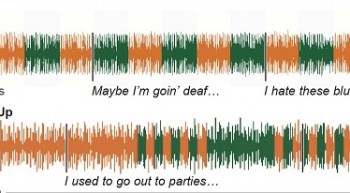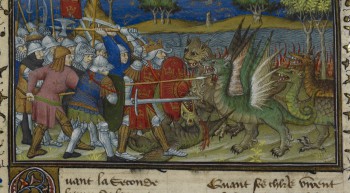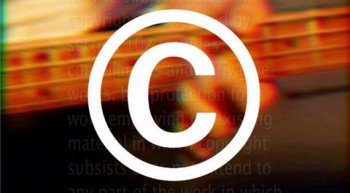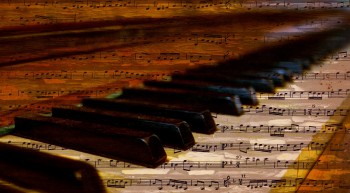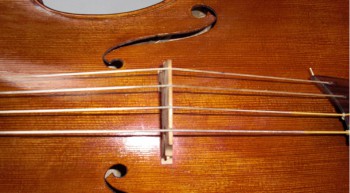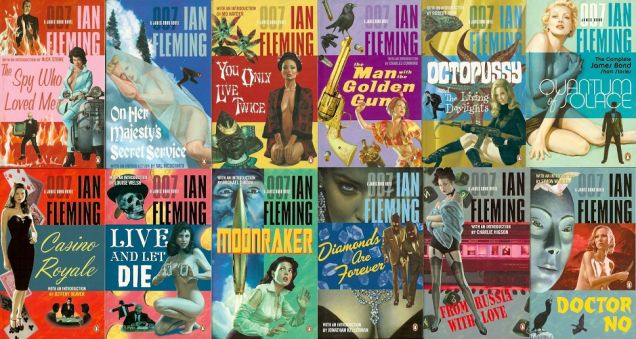The verdict in the “Blurred Lines” case surprised a lot of people. Many failed to see the level of similarity that the jury did, and felt the case set a bad precedent going forward. Nova Southeastern University's Copyright Officer, Stephen Carlisle, J.D., examines the component parts of the two songs, takes a look at the expert testimony, and explains what it means for music, now and in the future.
